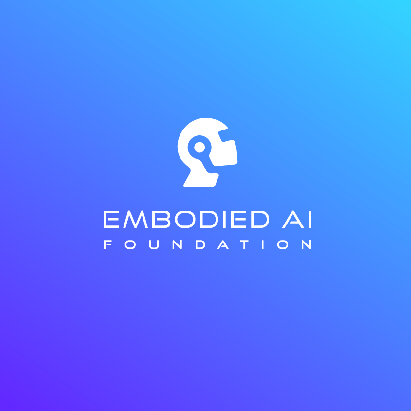Discover and explore top open-source AI tools and projects—updated daily.
DeBERTa by  microsoft
microsoft
BERT enhancement via disentangled attention, enhanced mask decoder
Top 20.1% on SourcePulse
DeBERTa is a family of Transformer-based language models that improve upon BERT and RoBERTa by introducing disentangled attention and an enhanced mask decoder. It offers state-of-the-art performance on various NLP tasks, including SuperGLUE and XNLI, making it suitable for researchers and developers seeking high-accuracy language understanding models.
How It Works
DeBERTa employs a disentangled attention mechanism that represents words with separate content and position vectors, computing attention weights using disentangled matrices for content and relative positions. This approach enhances the model's ability to capture nuanced relationships between tokens. Additionally, it utilizes an enhanced mask decoder for pre-training, replacing the standard softmax layer for improved efficiency and performance. DeBERTa V3 further refines this by incorporating ELECTRA-style pre-training with gradient-disentangled embedding sharing.
Quick Start & Requirements
- Install:
pip install deberta - Prerequisites: Linux, CUDA 10.0+, PyTorch 1.3.0+, Python 3.6+. Docker is recommended for simplified setup.
- Resources: Pre-trained models range from 22M (XSmall) to 1.5B parameters. Fine-tuning requires significant GPU resources (e.g., 8x V100 GPUs for reported benchmarks).
- Docs: https://github.com/microsoft/DeBERTa
Highlighted Details
- Achieves state-of-the-art results on SuperGLUE (89.9 with 1.5B model), surpassing T5-11B and human performance.
- DeBERTa-V3-XSmall (22M parameters) outperforms RoBERTa-Base and XLNet-Base on MNLI and SQuAD v2.0.
- Offers multilingual support with mDeBERTa-V3-Base, achieving strong zero-shot cross-lingual transfer on XNLI.
- Provides a wide range of pre-trained models, including V2 and V3 variants with different sizes and fine-tuned checkpoints.
Maintenance & Community
The project is actively maintained by Microsoft researchers. Key contacts include Pengcheng He, Xiaodong Liu, Jianfeng Gao, and Weizhu Chen.
Licensing & Compatibility
The repository's code is typically released under a permissive license (e.g., MIT), allowing for commercial use and integration into closed-source projects. However, users should always verify the specific license associated with downloaded models.
Limitations & Caveats
The larger models (e.g., V2-XXLarge) require substantial computational resources for both fine-tuning and inference. While Docker simplifies setup, users without Docker experience may face a steeper learning curve. The README mentions specific CUDA and PyTorch versions, suggesting potential compatibility issues with newer or older versions.
2 years ago
Inactive

 ymcui
ymcui JetRunner
JetRunner bhoov
bhoov MuQiuJun-AI
MuQiuJun-AI isl-org
isl-org google-research
google-research airsplay
airsplay DorsaRoh
DorsaRoh MiniMax-AI
MiniMax-AI namisan
namisan nlpyang
nlpyang bojone
bojone